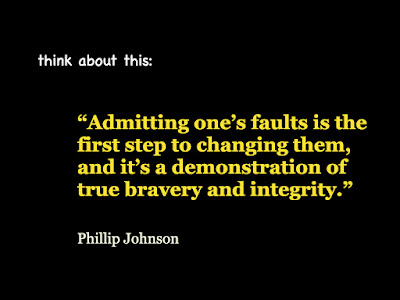We all need friends who will tell it like it is when we’re acting stupidly. Who’ll give us good advice when we need it. And there’s usually no better time for that than when we’re riding high, thinking we know it all. Like:
· When we think we’re right,
· And nobody tells us the truth.
· When we tell ourselves we know,
· And fail to listen to those who know better.
· When we ignore all the signs that are flashing,
· And rush head long into something without thinking.
It’s ego. Or bullheadedness. Or foolish pride. And it usually gets us in trouble. Like Will Smith at last weekend’s Oscar Awards: full of himself rather than humility. That’s when we need people who will tell us the truth, even when we don’t want to hear it, or believe it. Mothers the world over have always taught their children to ‘count to ten’, or ‘think twice’. When emotions start to get the better of us, we all need a trusted friend, or our mothers, to set us straight. Call a time out – like you do with your kids when they’re acting badly. Take a walk – like you tell others to do when in the grip of emotion. And always be aware that at your highest moments, you are most susceptible to your worst impulses. Write that down: forewarned is forearmed. Keep your wits about your actions today.
Denzel Hayes Washington Jr. (born 1954): American actor, director, and producer.












